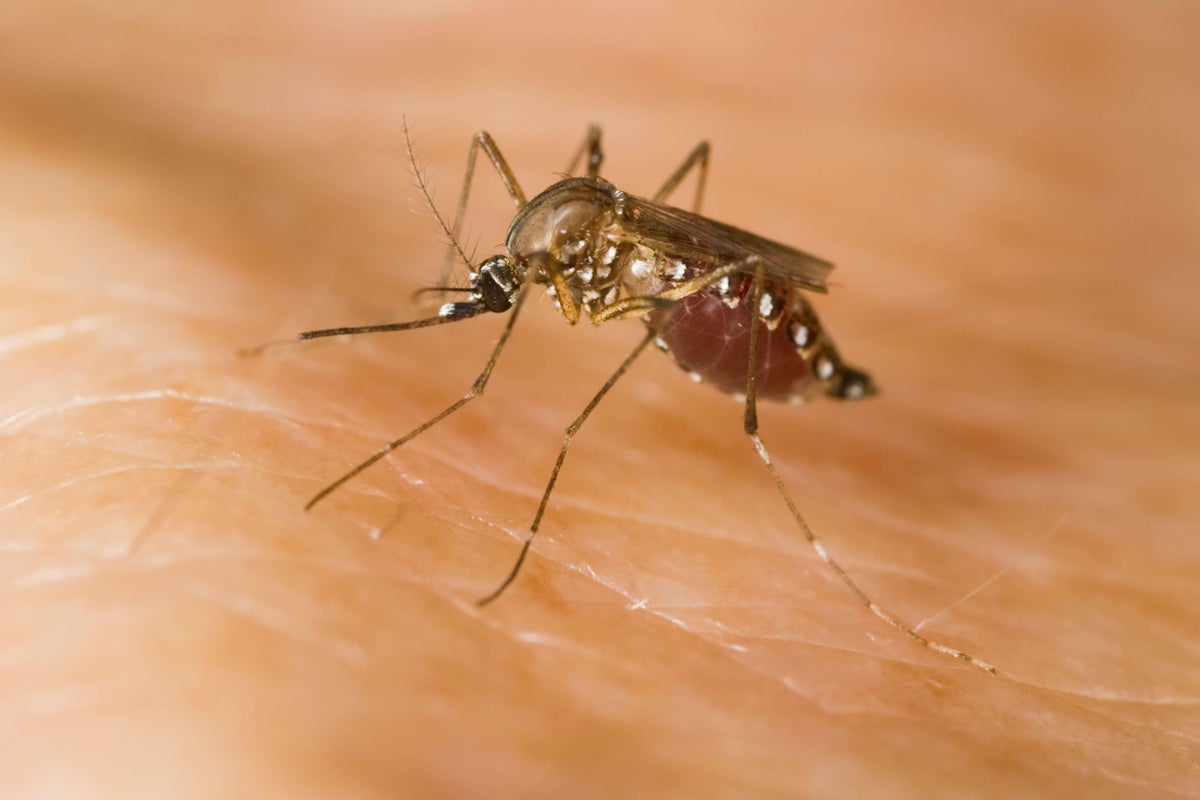
Two species of disease-carrying mosquitoes have been found in the UK, according to new research.
Aedes aegypti, also known as the Egyptian mosquito, and Aedes albopictus, also known as the (Asian) tiger or forest mosquito, are carriers of diseases including yellow fever, dengue, chikungunya, Zika and dirofilariasis.
They are frequently found in Africa and sub-tropical places such as south-east Asia, but have also appeared in several European countries.
Experts believe that their spread will become more common in part due to climate change.
A new report into mosquito surveillance from the UK Health Security Agency, covering May 2020 to November 2024, found that both Aedes albopictus and Aedes aegypti are not currently established in the UK.
However, analysis of 1,070 traps at 117 places across England, Wales and Northern Ireland, found evidence of them being in the country.
The traps were put at seaports, airports, and highway transport hubs and examined every two weeks.
In 2020, 2021 and 2022, no Aedes albopictus specimens were detected, though four eggs were found at a service station along the M20 motorway in Kent in August 2024.
And in September 2023, Aedes aegypti eggs were detected in a freight storage facility near Heathrow Airport – they are currently thought to be an isolated case.
The UKHSA also undertakes broader mosquito surveillance efforts, including using adult mosquito traps in 307 places across England and Wales.
The new report, published in PLOS Global Public Health, said the UK faces the risk of invasive mosquito populations becoming established unless there is timely action.
It added: “Combined, our findings suggest that future incursions of invasive mosquitoes in the UK are likely and undertaking enhanced surveillance is key to identifying and reducing the likelihood of their establishment.”
